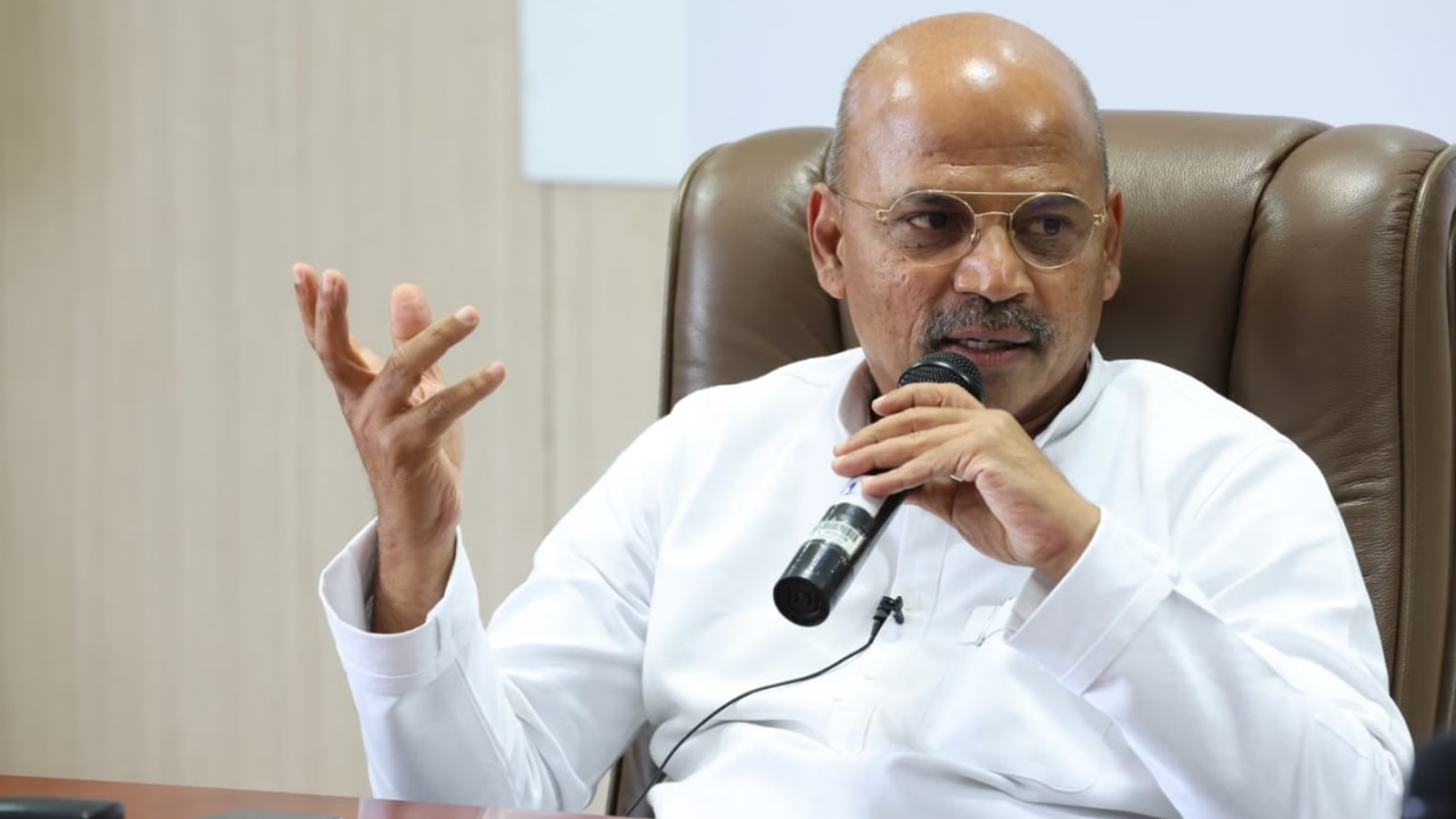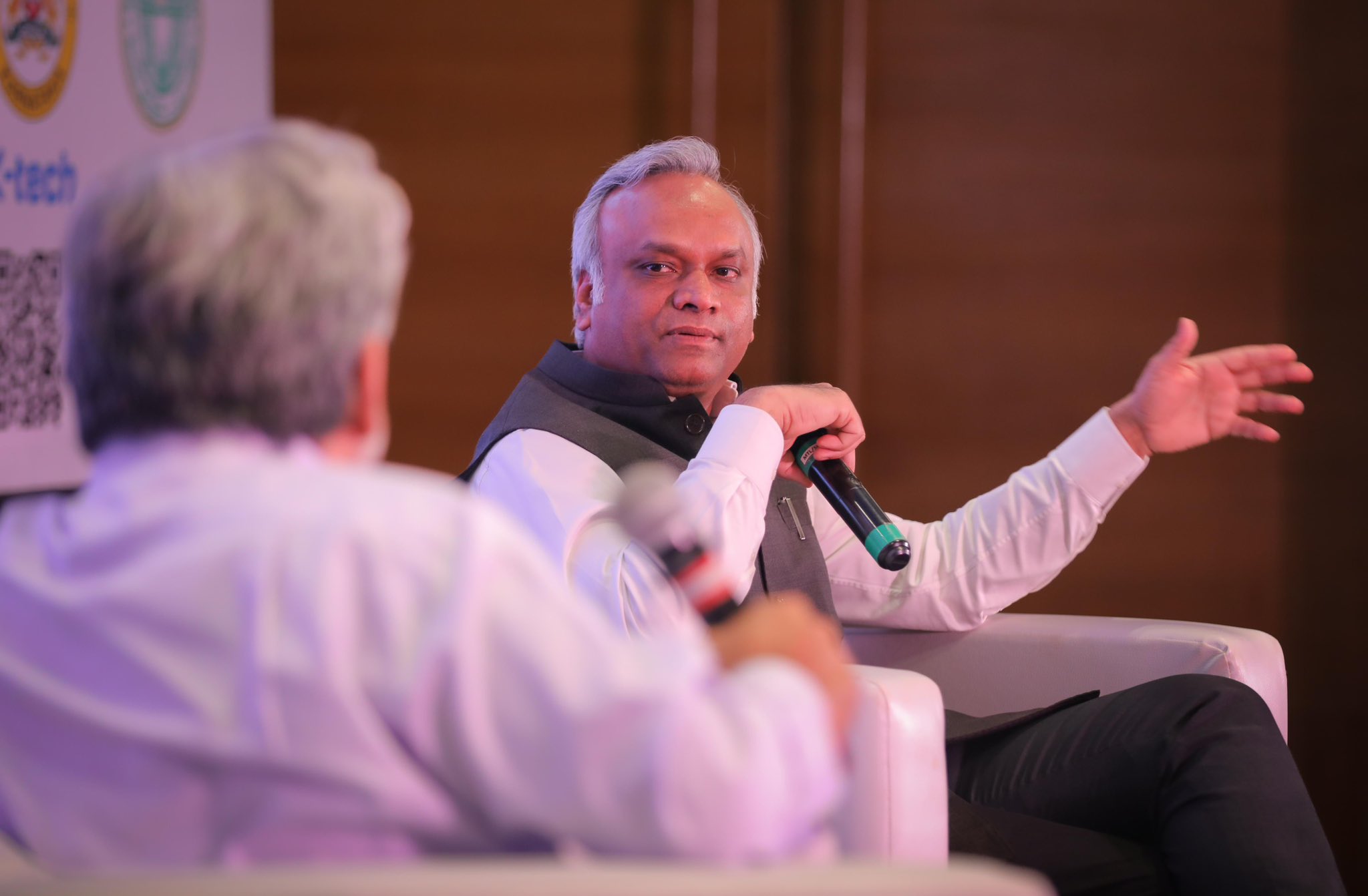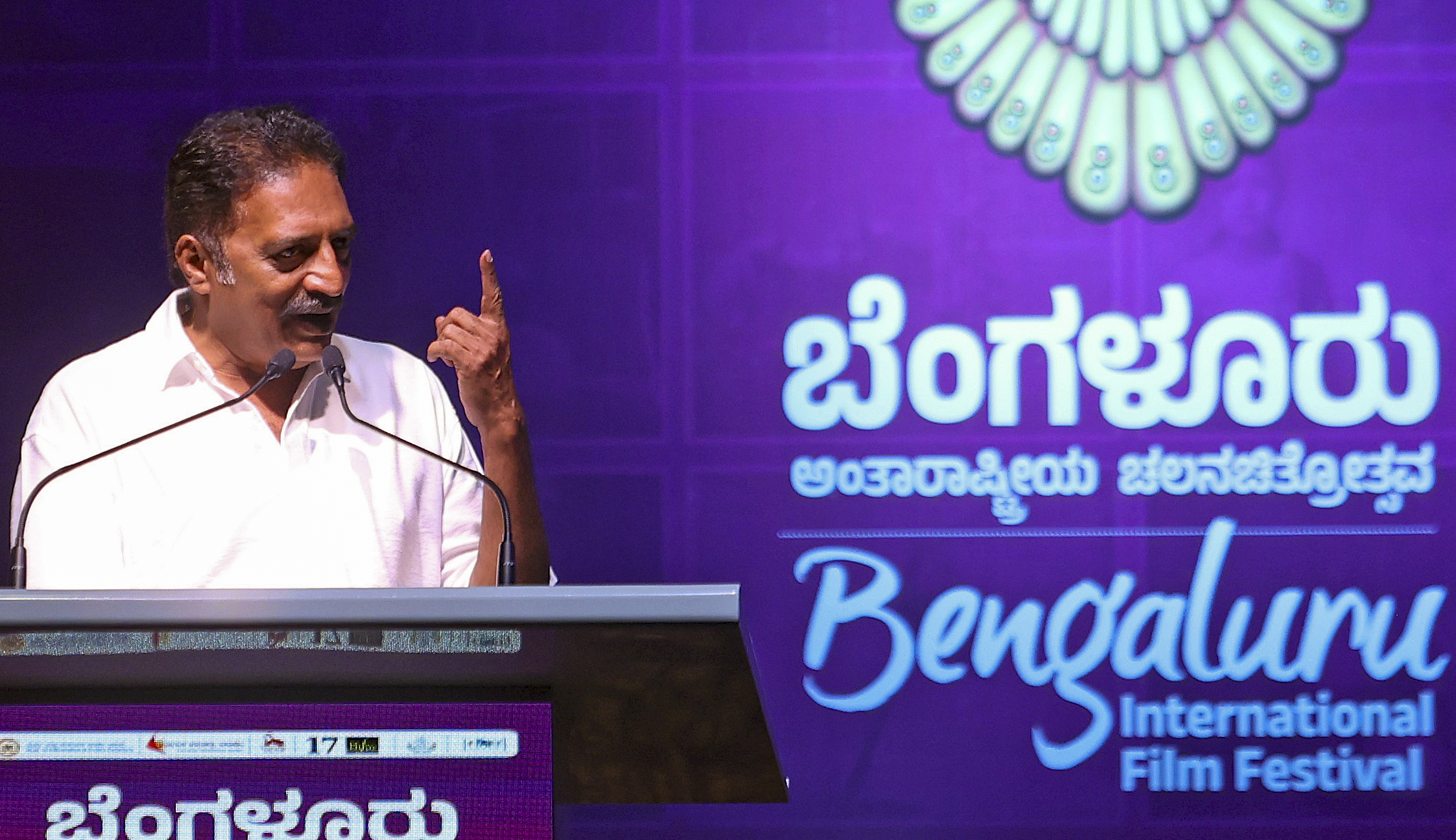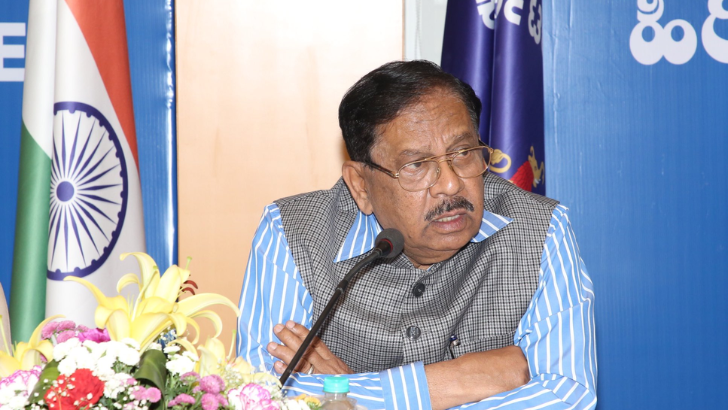Apartment dwellers question insistence on Cauvery connections
In January 2025, Deputy Chief Minister DK Shivakumar directed the Bengaluru Water Supply and Sewerage Board (BWSSB) to ensure that all apartment buildings within BBMP limits have Cauvery water connections.
-
The Rs 5,500 cr Cauvery Stage V project, funded by the Japan International Cooperation Agency, aims to supply 770M litres per day per day (MLD) to 50 lakh people
BENGALURU, 14 MARCH
Bengaluru residents
living in apartment complexes are questioning the government move to make
Cauvery water connections mandatory at their buildings.
In January 2025,
Deputy Chief Minister DK Shivakumar directed the Bengaluru Water Supply and
Sewerage Board (BWSSB) to ensure that all apartment buildings within BBMP
limits have Cauvery water connections.
This directive
followed an Indian Institute of Science (IISc) and BWSSB study that warned of
severe water shortage in 80 wards of the city due to groundwater depletion.
Even as BWSSB Chairman
Ram Prasad supported Shivakumar’s view, the apartment dwellers are sceptical
about their intentions.
The issues at hand are
the State government’s insistence on making Cauvery water connections mandatory
for apartments, reluctance of many apartment complexes to take these
connections and justification of the infrastructure cost of the Cauvery Stage V
project.
Dhananjaya
Padmanabhachar, convenor of the Karnataka Home Buyers Forum, welcomed the
government’s initiative but said it unfairly burdens flat owners who do not
have land ownership rights. He said securing water and electricity connections
should be the builder’s responsibility.
“The government should
not issue occupancy certificates unless these essential services are in place.
Without land transfer, apartment associations have no legal standing to apply
for connections under Section 17 of RERA. Instead of holding builders
accountable, the authorities are shifting the burden onto flat owners,” he
said.
Assistant Engineer
(Mahadevapura) Mirza Anwar at the BWSSB said. "The BWSSB doesn't require
ownership documents of apartment complexes (for water connections). It's similar
to obtaining a BESCOM connection. We go by the property, and ownership isn't a
concern. I understand there is a small hustle between the builder and apartment
associations. We are intervening to resolve it," he said.
Vani
Kishore, a city resident, raised similar concerns about the lack of
transparency in the process. “We haven’t applied for a connection because the
process is unclear. Since common areas in apartments are under the builder’s
name, it is their responsibility to ensure we receive the water connection,”
she said.
Bribery
and Hidden Costs
According to BWSSB
data, 2,643 apartments applied for Cauvery water connections during the
November 2024 campaign, and 1,252 are yet to do so.
A resident from
Kanakapura alleged corruption in the process and accused middlemen of charging
residents lakhs of rupees to lay the water pipelines. “We paid a hefty
amount to the government for the Cauvery connection and even received the
meter. But for installation, which involves road cutting, more money – Rs 30
lakh to Rs 40 lakh – is being demanded. Despite having all permissions, we
still have to pay a dozen middlemen to get the work done. The costs are
excessive, forcing us to rely on water tankers,” she claimed.
CAUVERY STAGE V COST
The Rs 5,500 crore
Cauvery Stage V project, funded by the Japan International Cooperation Agency
(JICA), aims to supply 770 million litres per day per day (MLD) to
50 lakh people. However, experts question the transparency of the
project’s pricing.
Water conservation
expert S Vishwanath criticised the lack of clarity in connection charges.
“Citizens deserve transparency. The claim that borewell water is unfit for
consumption is debatable, as most apartments have their own borewells. Forcing
apartments to take Cauvery connections without convincing the rationale is
unjustified,” he said.
Meanwhile, BWSSB
Assistant Executive Engineer (Mahadevapura) Mirza Anwar justified the rationale
behind the high tariffs for Cauvery water connections. "We charge
high tariffs to maintain our working capital. The BWSSB sources water
from 150km away and has made significant capital investments for this. The
current tariff is Rs 400 per square foot of built-up area. Though an entry fee
is charged, BWSSB connection charges are Rs 22 per kilolitre and tanker charges
are Rs 150. If the apartment does a financial analysis, the return on
investment will fall between 4–6 years, and this is permanent."
Leave a Reply
Your email address will not be published. Required fields are marked *
N R Ravi
It's illogical to charge around 5 to 6 lakhs per apartment for providing kaveri water. BWSSB is providing single connection to a common sump and hence, should be treated as single connection. Only the charges should be for the volume of water consumed. it's a huge burden if 400 per sft of built up area is charged. Also, there is no guarantee that sufficient water will be provided for all apartments in any complex. I think 10 lakhs to 20 lakhs per apartment complex is a reasonable amount for kaveri water connection. Request kindly review the decision








.jpg)
.jpg)

.png)

.png)



.png)



